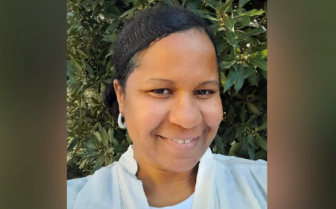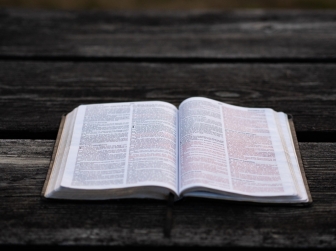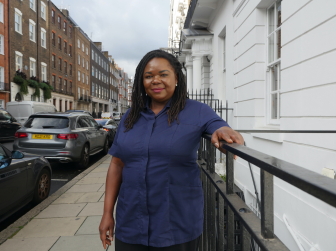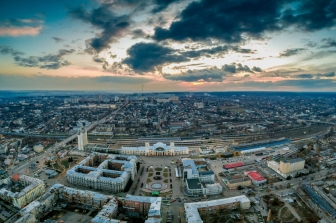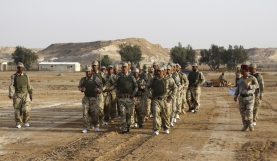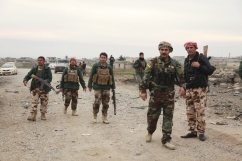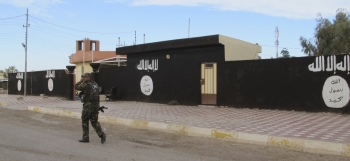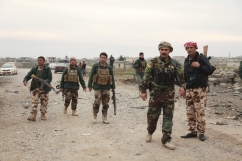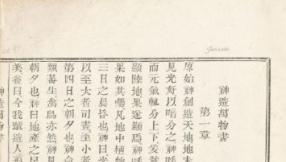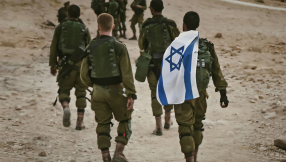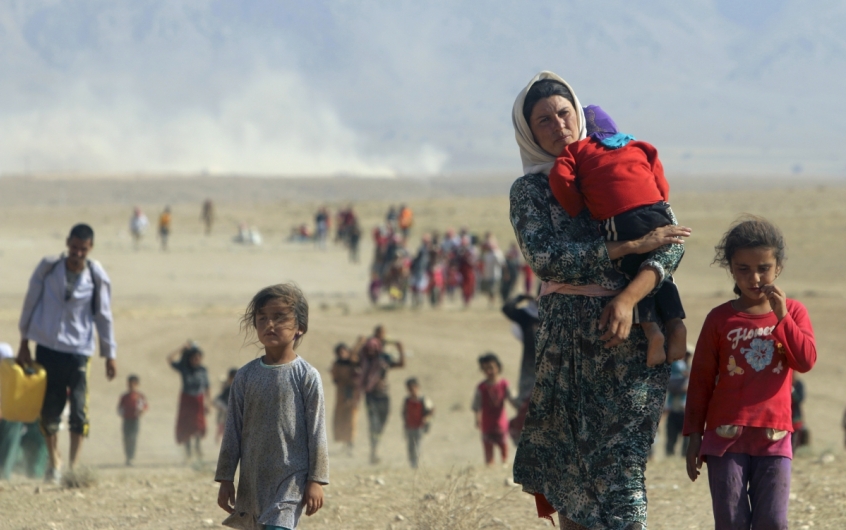
Women and girls captured by Islamic State (IS) in Iraq are committing suicide to avoid sexual violence and slavery, according to a report from Amnesty International.
'Escape from hell - Torture, sexual slavery in Islamic State captivity in Iraq', describes the terrible fate of hundreds and possibly thousands of Yazidi women and girls who have been forcibly married, "sold" or given as "gifts" to IS fighters or their supporters and often forced to covert to Islam.
Among those who committed suicide was 19-year-old Jilan, whose friend Luna, who escaped, told Amnesty: "One day we were given clothes that looked like dance costumes and were told to bathe and wear those clothes. Jilan killed herself in the bathroom. She cut her wrists and hanged herself. She was very beautiful; I think she knew she was going to be taken away by a man and that is why she killed herself."
Wafa, 27, another former captive, told Amnesty International how she and her sister attempted to end their lives one night after their captor threatened them with forced marriage. They tried to strangle themselves with scarves but two girls sleeping in the same room awoke and stopped them.
"We tied the scarves around our necks and pulled away from each other as hard as we could, until I fainted... I could not speak for several days after that," she said.
The women and girls are among thousands of Yazidis from the Sinjar region in north-west Iraq, who have been targeted since August in a wave of ethnic cleansing by IS.
Most of the perpetrators are Iraqi and Syrian men. Some former captives said they had been held in family homes where they lived with their captors' wives and children.
Randa, a 16-year-old girl from a village near Mount Sinjar, who was abducted with scores of her family members, including her heavily-pregnant mother and then given to a man twice her age who raped her, told Amnesty: "It is so painful what they did to me and to my family. Da'esh (the IS) has ruined our lives... What will happen to my family? I don't know if I will ever see them again."
The trauma of survivors of sexual violence is further exacerbated by the stigma surrounding rape. Survivors feel that their "honour", and that of their families, has been tarnished and fear that their standing in society will be diminished as a result.
The report says IS has singled out the Yazidi minority for particularly brutal treatment. Up to 300 of the thousands abducted have managed to escape to tell their stories.
Between September and November 2014, an Amnesty International researcher in northern Iraq interviewed 42 women and girls who had escaped from the IS between September and November and was able to contact four others by phone who remain in captivity.
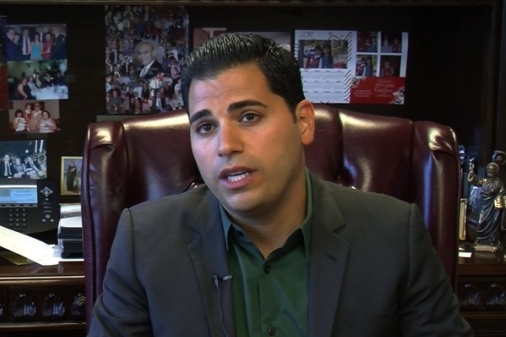
Arwa, 15, abducted in August, said: "They took us first to Syria, to a place near Hassake. There we were kept in a house with lots of girls. After 10 days a group of us were taken back to Iraq, to Mosul, for two days. Then I was taken to Baiji with one of my sisters and some of my cousins, while four of my sisters and two of my cousins were taken to Syria. In Baiji I was kept in two different places and after about three weeks I was taken to Rambussi, near Sinjar, with my 13- year-old cousin, while my sister was taken to my mother who is being held in another village with other relatives.
"In Rambussi we were held in a house with five other girls. There they did to me what they did to many other girls. I was raped. My cousin was not molested. They wanted to take her to marry her to a man but in the end they left her with us and then we managed to escape. One of the girls said she was not raped but I don't know if it is true. I hope it is true. Another did not talk about what happened to her. The others were raped. The men were all Iraqis. They said that if we killed ourselves they would kill our relatives."
Amnesty's senior response adviser Donatella Rovera said: "Hundreds of Yazidi women and girls have had their lives shattered by the horrors of sexual violence and sexual slavery in Isil captivity. Many of those held as sexual slaves are children – girls aged 14, 15 or even younger." She called for escapees to receive counselling and trauma support. "The Kurdistan Regional Government, UN and other humanitarian organizations who are providing medical and other support services to survivors of sexual violence must step up their efforts. They must ensure they are swiftly and proactively reaching out to all those who may need them, and that women and girls are made aware of the support available to them."
